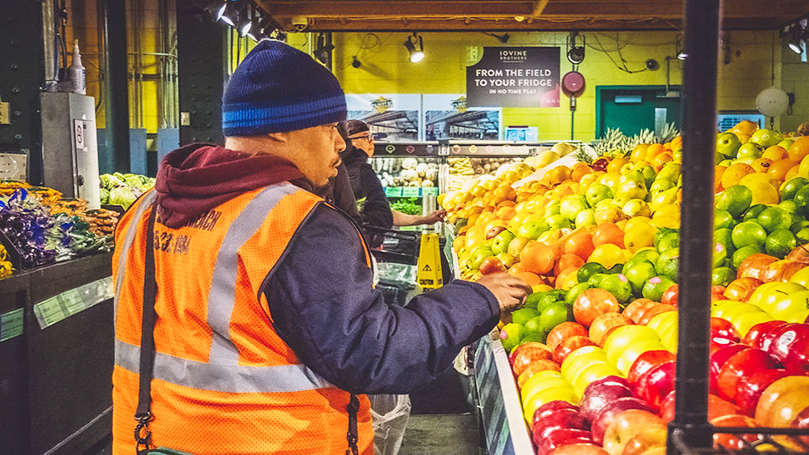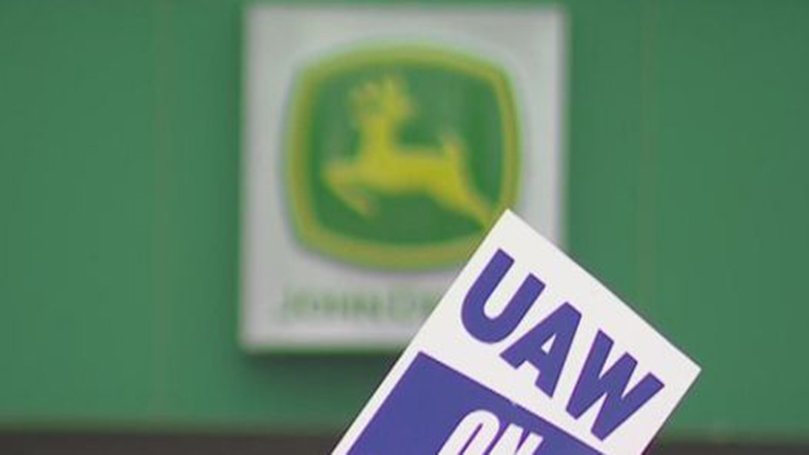
An ABC News–Washington Post poll reports that 70% of Americans say the economy is in bad shape. They’re onto something. The Bureau of Economic Analysis reported a 6.2% inflation rate, and the Bureau of Labor Statistics reported a net 1% year-to-year drop in real wages. That’s a fundamental no-no for the working class, which has little income to spare, with more debt than assets. Workers are quitting their jobs at unprecedented rates. The labor participation rates are also at historic lows despite a “tight” labor market. All these signs add credit to those economists who predicted a “K-shape” recovery: meaning, the elites are doing fine, 70% of Americans are not.
The ABC/Post poll also shows that 55% of respondents disapprove of President Biden’s handling of the economy. Stoking this discontent, the Republicans are weaponizing the inflation issue by criticizing Biden’s Build Back Better program as inflationary. This is a falsehood. Neither passing, nor failing to pass, the BBB will do much on the inflation. But passing it will lay the groundwork for the structural repairs to the human and physical infrastructures in our society. And, with respect to truly financing the repairs — the U.S. military budget, assisted by a real policy of peaceful coexistence, can fund the entire recovery and turn swords to plowshares in national service too — without inflation.
Some will argue, and Democratic messaging will surely emphasize, correctly, that blaming Biden for inflation is misplaced.
The inflation is global, driven by a) the supply chain shortages; b) pent-up demand for goods (which must be transported), not services, from those who did not lose income during the pandemic; and c) global energy prices reacting to surges in demand after dropping production during the pandemic. Had alternative, affordable non-fossil fuel sources been online, the energy shock may have been relieved. It’s clear that the fall of fossil fuel usage and the rise of alternatives must be carefully synchronized to avert both price and supply volatility. But the contending powerful interests that must be “balanced” to make stable green progress are nullifying the government’s ability to take stronger initiative. A key obstacle is the political divisions that make corporate forces more powerful than the government.
The supply chain problems could be eased through greater U.S.-China cooperation, instead of competition, passage of the infrastructure bills to update U.S. ports, and faster COVID relief in the global South. Even if implemented, though, these shifts aren’t likely to turn things around quickly. Food production is also dependent on supply chain “just in time” systems. Droughts worsened by climate change have an impact on prices as well.
The structural problems keep getting bigger. Even decisive, united leadership might take years to reach a new equilibrium. However, for workers in the bottom part of the “K” — those who are quitting their jobs and going on strike in record numbers because of low wages and harsh conditions throughout the pandemic — whether or not Biden is responsible may be irrelevant. Pain is pain.
The Federal Reserve has limited tools to curtail inflation. The principal tool is the none-too-subtle move to raise interest rates and “cool” off the economy. Avoiding a recession, though, means that the response to such cooling must be “soft” and gradual. Further, it is not clear that raising interest rates will cure inflation, if inflation is more of a reflection of structural problems than just cyclical “overheating.”
If the Fed responds to inflation with interest rate hikes, recession will likely result, deepening the crisis, and further weakening wages via the classic unemployment method. If the Fed does not respond to inflation, wages will continue to fall — a Hobson’s choice.
There is little doubt where the billionaires will stand on inflation versus unemployment as they rush to hedge their money. We should not delude ourselves that recession is not a 50/50 or better likely outcome. Its impact, coming on the heels of so much damage to working families, will bring very serious, additional blows to U.S. stability and this democracy.

The defense of democracy is inherently linked to the level of mass participation in politics and public life in general. The historical evidence is strong that intensifying the labor upsurge is the broadest single insurance policy for salvaging and rescuing democracy. Labor is beginning to flex its muscles across the nation. Maybe we can work on helping it stand on strong legs and break the logjam of forces now paralyzed from taking decisive action on a coordinated industrial policy. The passage will be rough. I would love to see Biden take a break from negotiations with Congress, do a “Bernie” for a day, and visit some of the picket lines across the land.
I submit that U.S. capitalism is the culprit here. I am not saying it should be forthwith overthrown. Ever since researching Lenin’s New Economic Policy in more detail, and reading as much “market socialism” literature from and about China as I can find — I am a convinced “market socialist” on economic and industrial policy. Forms may vary widely from nation to nation, but “economic systems” do not come into being or die on command. Nonetheless, which direction economic development takes depends on which coalition of social class forces is in charge. The U.S. system has become so unbalanced (politically, economically, socially) that the ability of the government to fix critical problems is seriously compromised. The billionaires cannot save us, or even themselves.
One challenge is the sheer number of challenges: Inflation, the COVID-19 pandemic, inequality, a fascist threat that remains strong, racist outrages, rising murder rates, mass incarceration, addiction, high suicide rates, climate change resistance from the energy interests, and the ongoing retreat from productive investment toward financialization and intangibles. Plus 2 million deaths and oceans of collateral damage from the pandemic. The nation is wobbling, indeed at times reeling, trying to find its feet.
Rise up.
Image: risingthermals (CC BY-NC 2.0); John Deere strike, Colorado AFL-CIO (Facebook).


 Join Now
Join Now